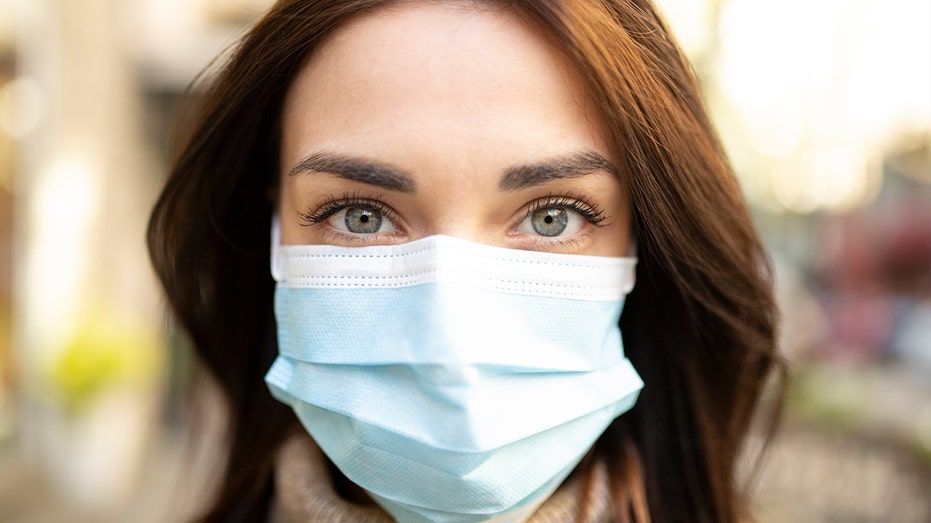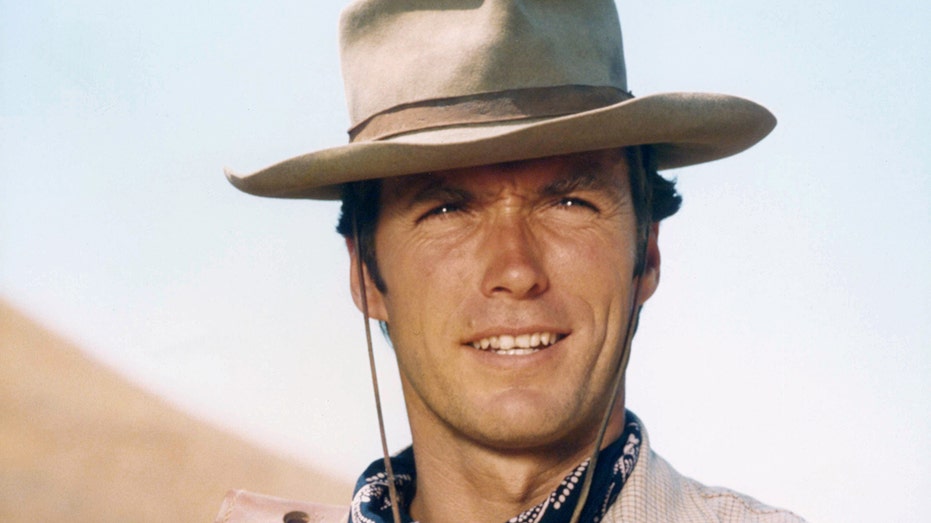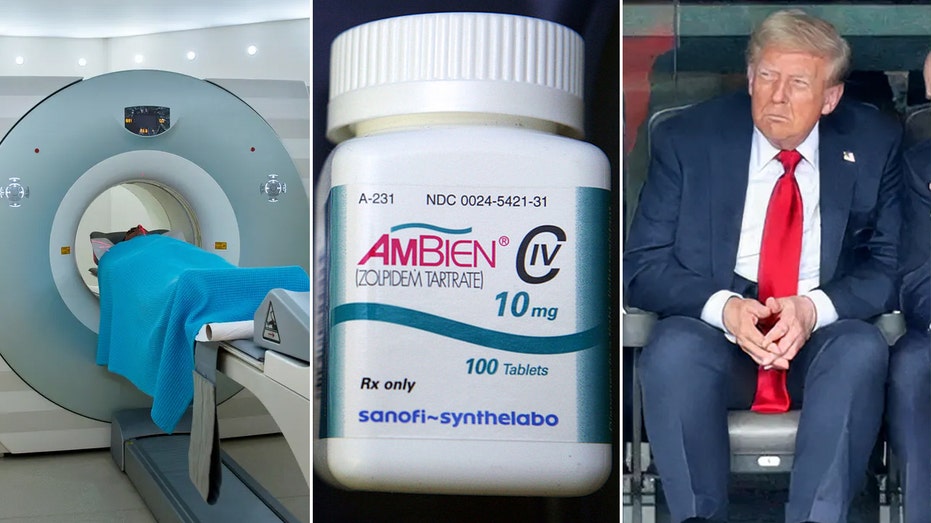Five Years On: Americans Divided Over COVID's Lingering Threat

Sarah Johnson
March 3, 2025
Brief
Five years after COVID-19 began, Americans remain divided on the virus's threat, lessons learned, and future preparedness, with evolving attitudes on masking, testing, and public health.
Five years after the onset of COVID-19, the virus that upended life globally and claimed more than 1.2 million lives in the U.S., Americans remain deeply divided about the pandemic's enduring threat. A new Pew Research Center survey reveals shifting perceptions as the country reflects on the lessons learned.
According to the survey, just 21% of Americans now see COVID-19 as a "major threat" to public health, a steep drop from 67% back in July 2020. Meanwhile, a majority—56%—believe COVID-19 is no longer a significant concern, though 39% argue it’s still underestimated by many.
Interestingly, opinions on the virus’s severity vary: 40% of respondents equate it to the flu or a common cold, while 56% maintain it’s more severe. Testing attitudes are similarly split, with 63% advocating for COVID testing when symptomatic, but a defiant one-third dismiss the need entirely. If another pandemic arises, about 60% express confidence in the public health system’s ability to manage the crisis effectively.
On the behavioral front, masking has largely faded from daily life, with 80% of Americans admitting they "rarely or never" wear masks in businesses. However, about 40% would don face coverings in crowded settings if they felt unwell.
Dr. Michael Aziz of Lenox Hill Hospital in New York City highlighted profound mental health consequences from the pandemic. "We saw a significant increase in depression, isolation, and anxiety, particularly among those with pre-existing mental conditions," he explained. Children also suffered, experiencing developmental delays linked to lockdowns and mask-wearing.
The pandemic’s impact on physical health was stark. Obesity rates surged during lockdowns, rising from 11% and 15% (men and women, respectively) to 25.3% and 42.4%. "Ironically, at a time when health should have been a priority, many neglected it," Aziz observed.
COVID-19 also left lingering scars in the form of "long COVID," with symptoms persisting for months or even years. Aziz pointed out that the U.S. suffered mortality rates ten times higher than Japan and South Korea, a grim statistic that underscores the need for better preparation.
Experts like Donna Petersen from the University of South Florida stress the importance of balancing individual and collective health responsibilities. "While personal health decisions matter, collective efforts benefit everyone," she emphasized.
Dr. Benjamin Barlow of American Family Care noted that the pandemic exposed the urgency for global health monitoring and better preparedness. "Outbreaks in one country can ripple across the globe, as COVID taught us," he remarked.
Meanwhile, Dr. David Lenihan, CEO of Tiber Health, underscored the value of transparency and consistent communication during public health emergencies. "Trust in leadership and reliable guidance is critical during crises," he stated.
As Americans look forward, the consensus seems clear: while personal health choices are vital, the pandemic has proven that collective action and systemic preparedness are equally crucial. Whether we’re ready for the next health crisis remains to be seen.
Topics
Editor's Comments
It’s fascinating—and a bit alarming—how quickly the public’s perception of a health crisis can fade. From near-panic in 2020 to 'meh, just like the flu' in 2025, the shift is a case study in short-term memory. Let’s hope this doesn’t come back to bite us when the next pandemic inevitably rears its ugly head.
Like this article? Share it with your friends!
If you find this article interesting, feel free to share it with your friends!
Thank you for your support! Sharing is the greatest encouragement for us.



